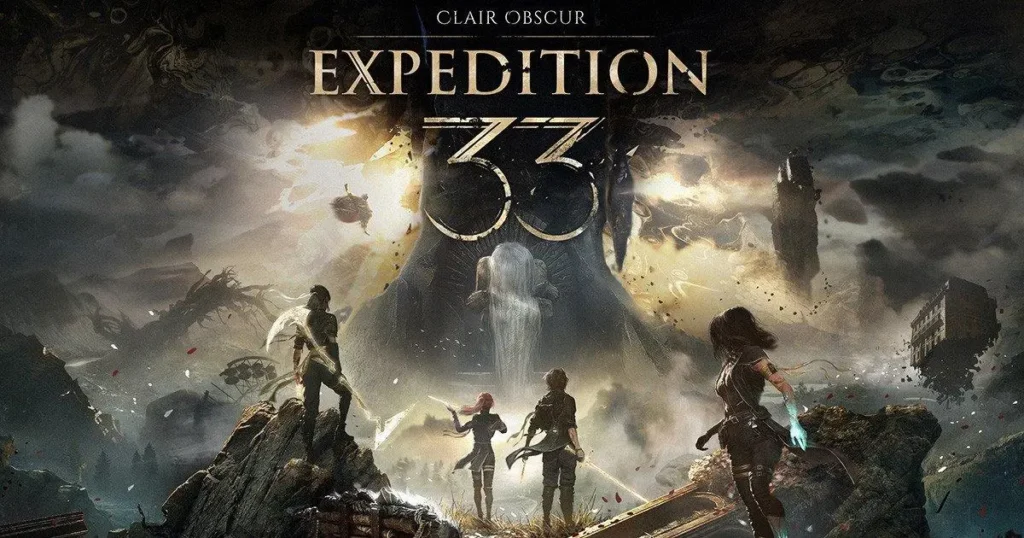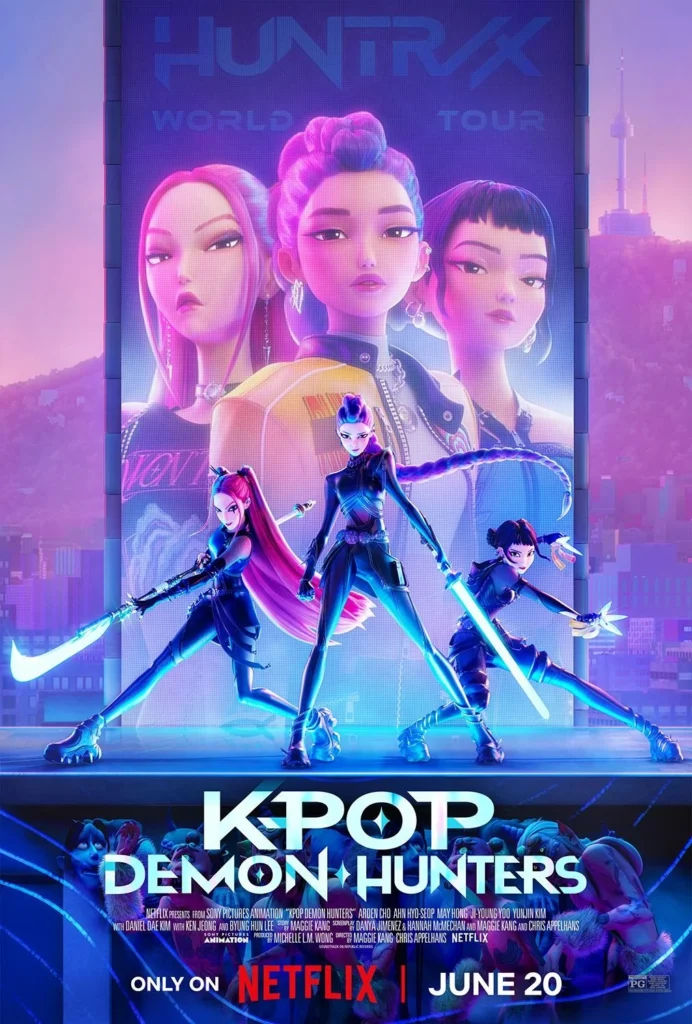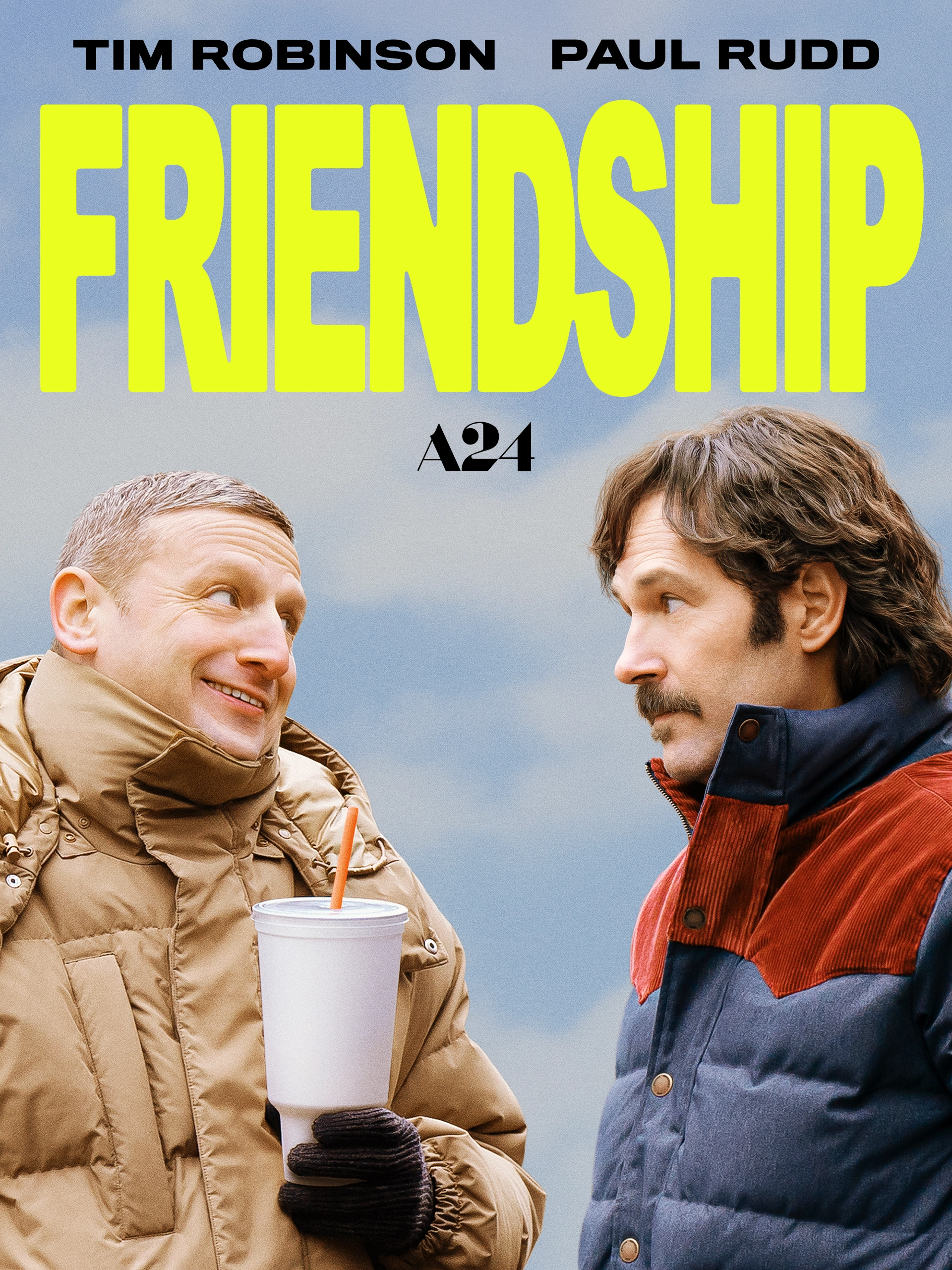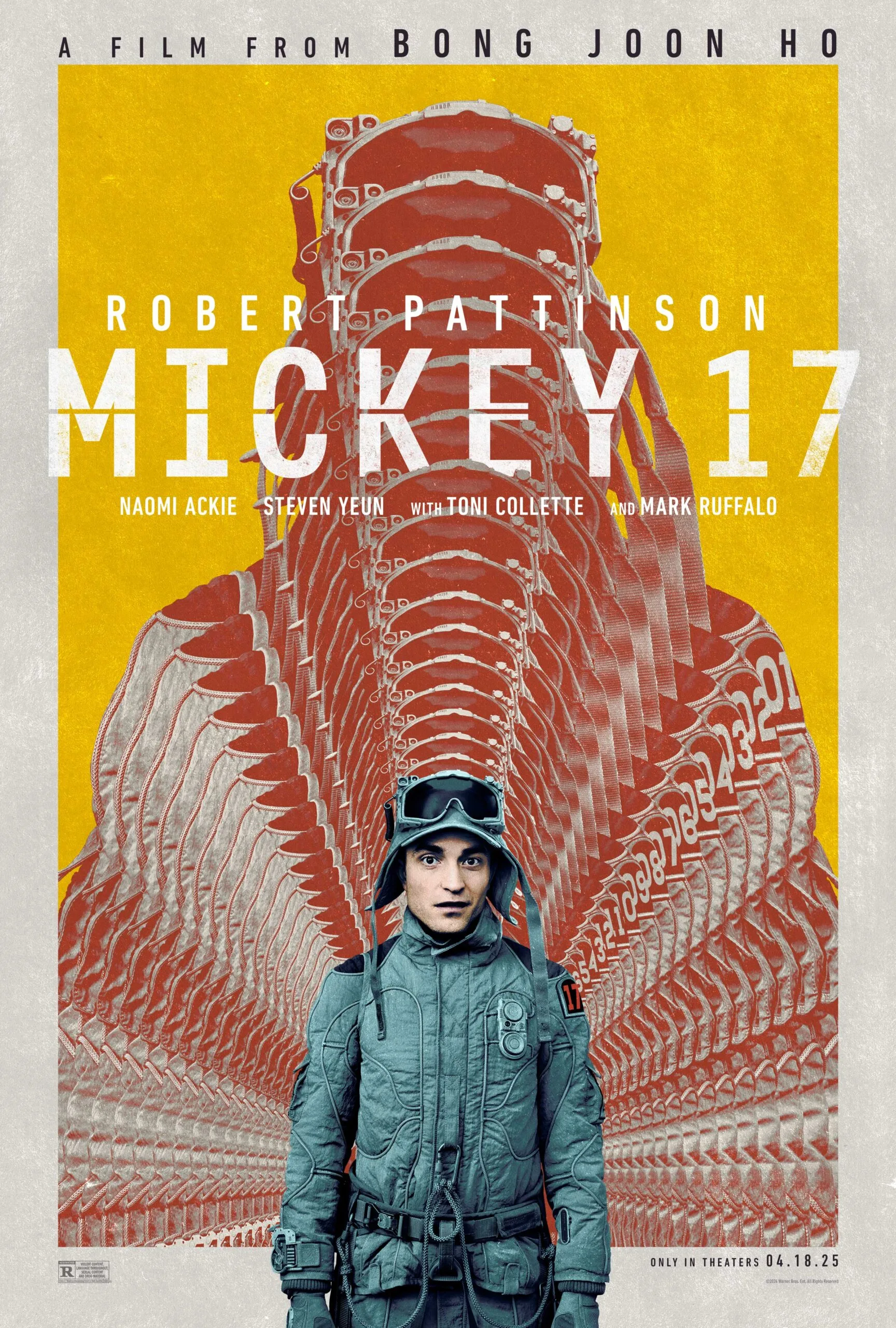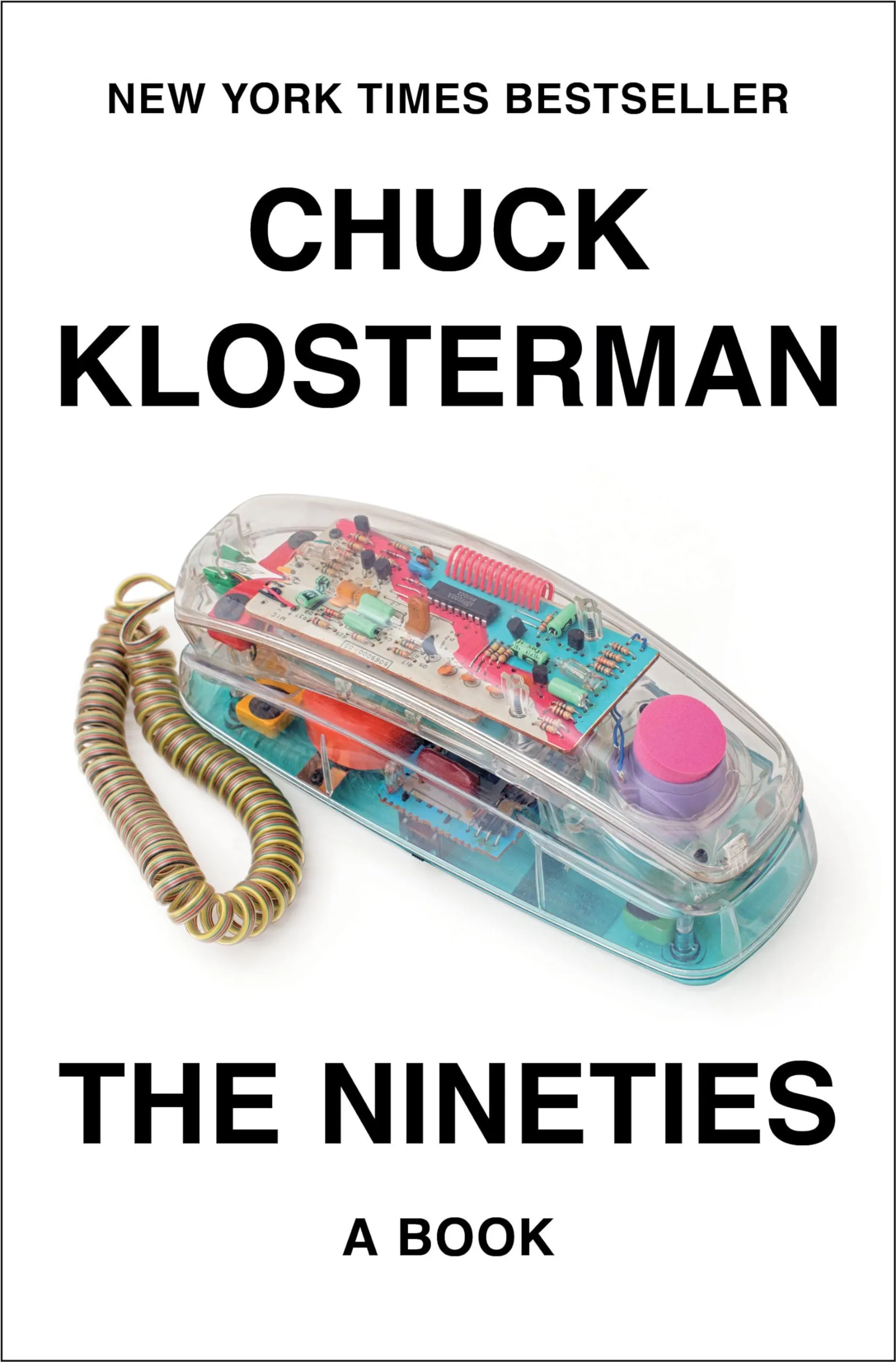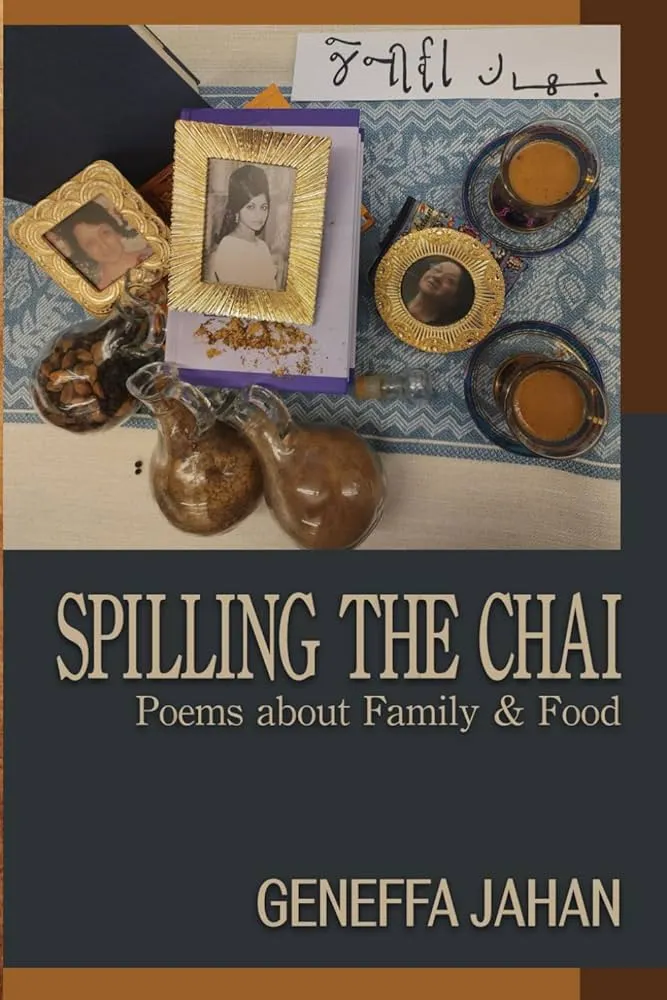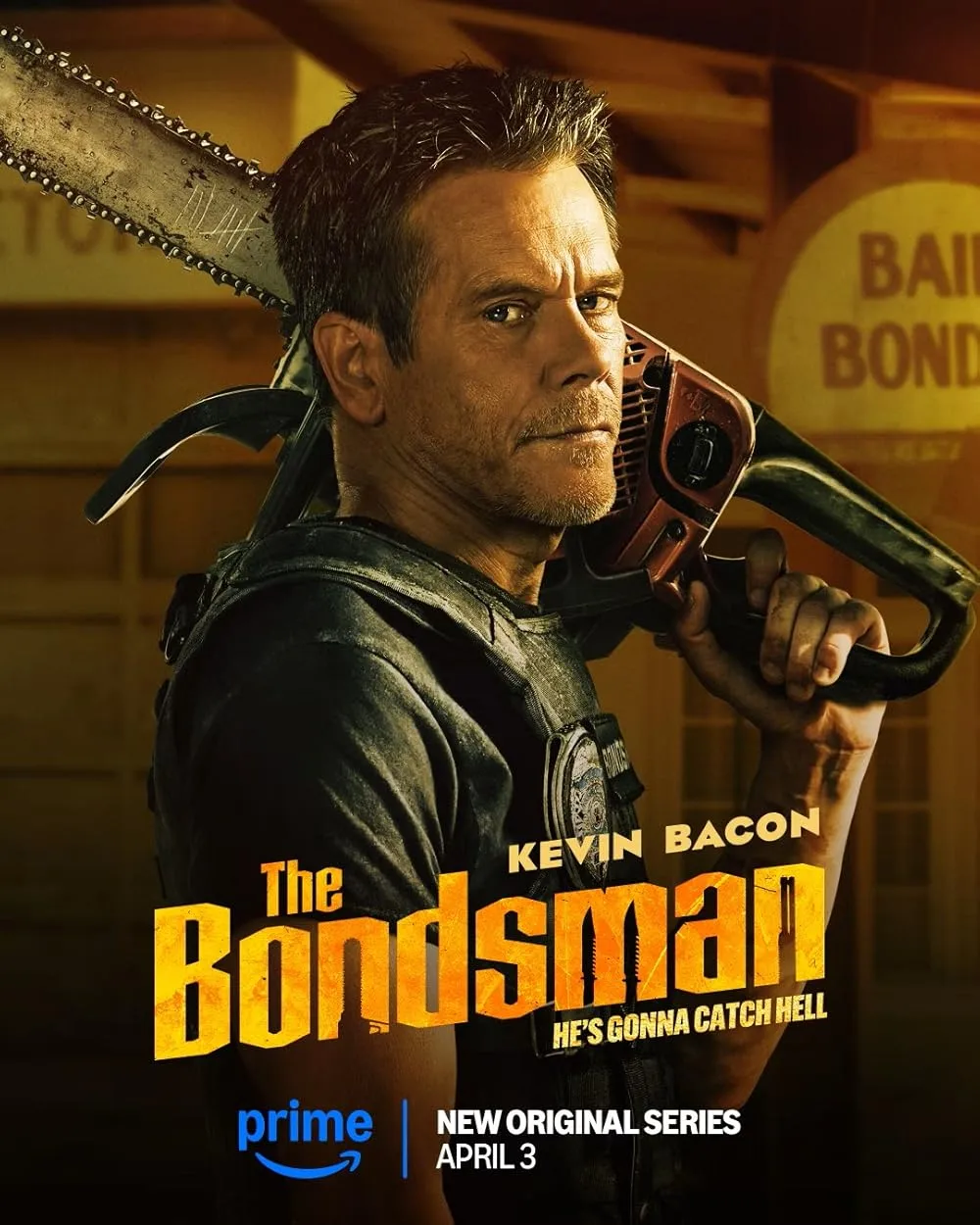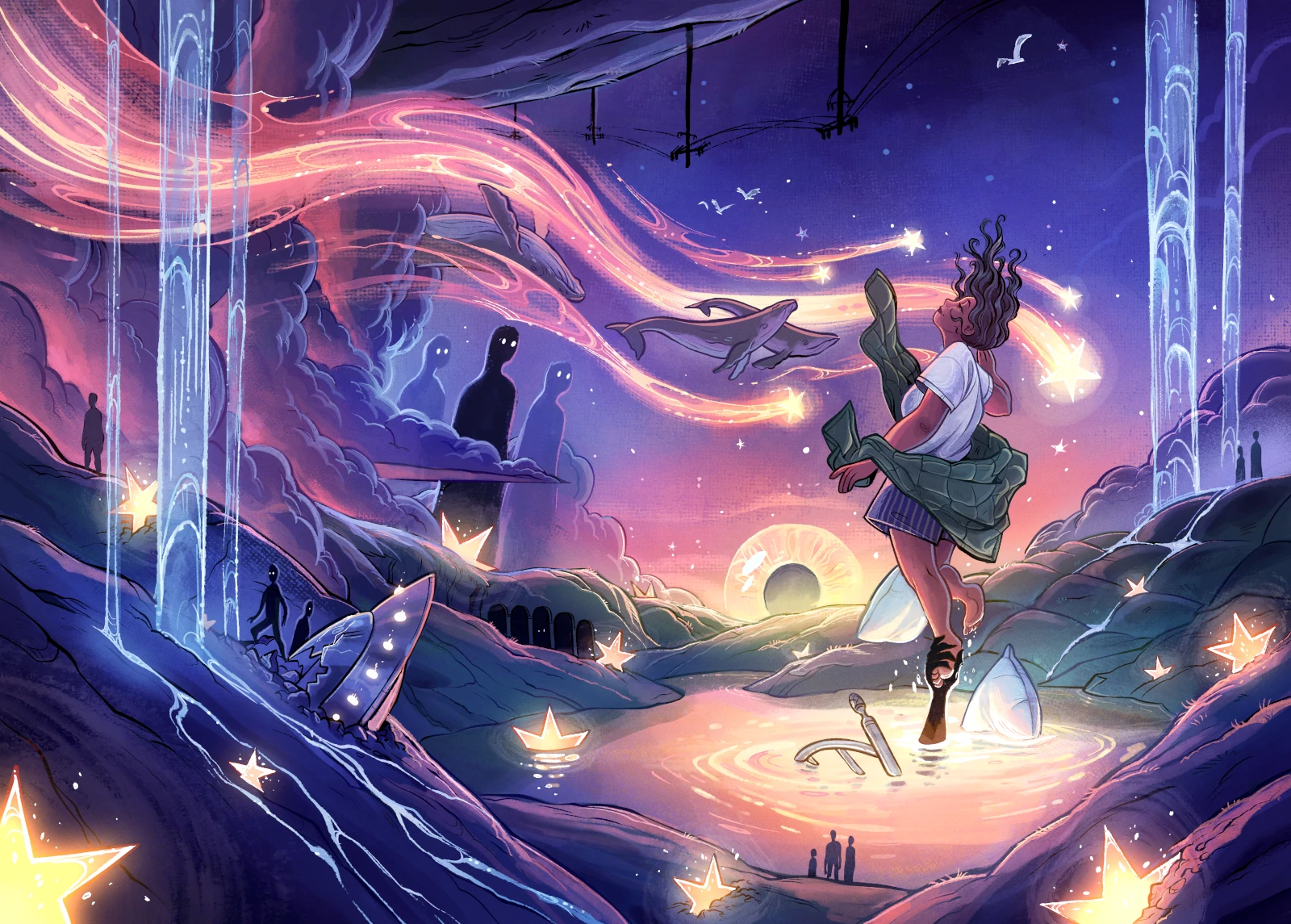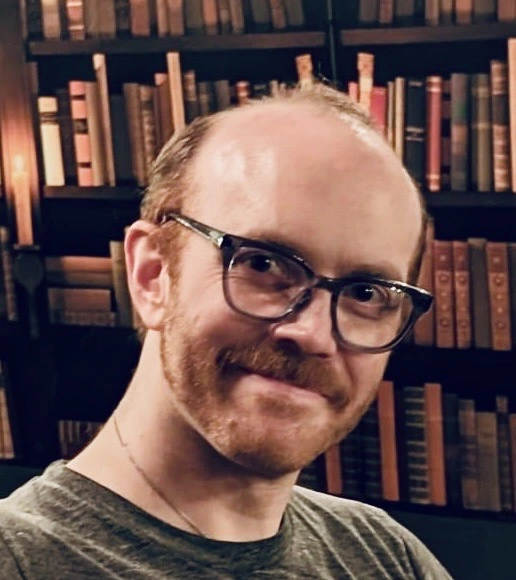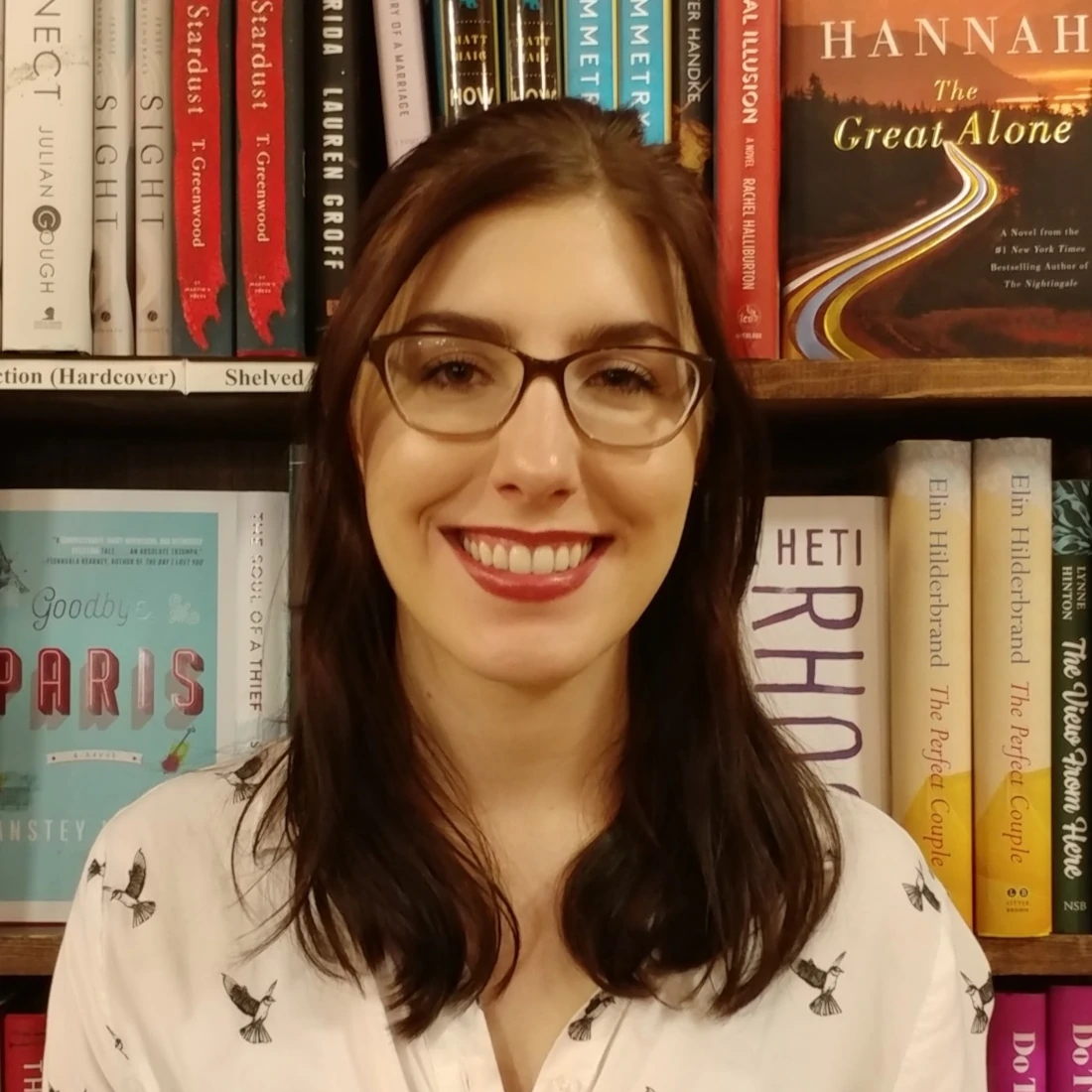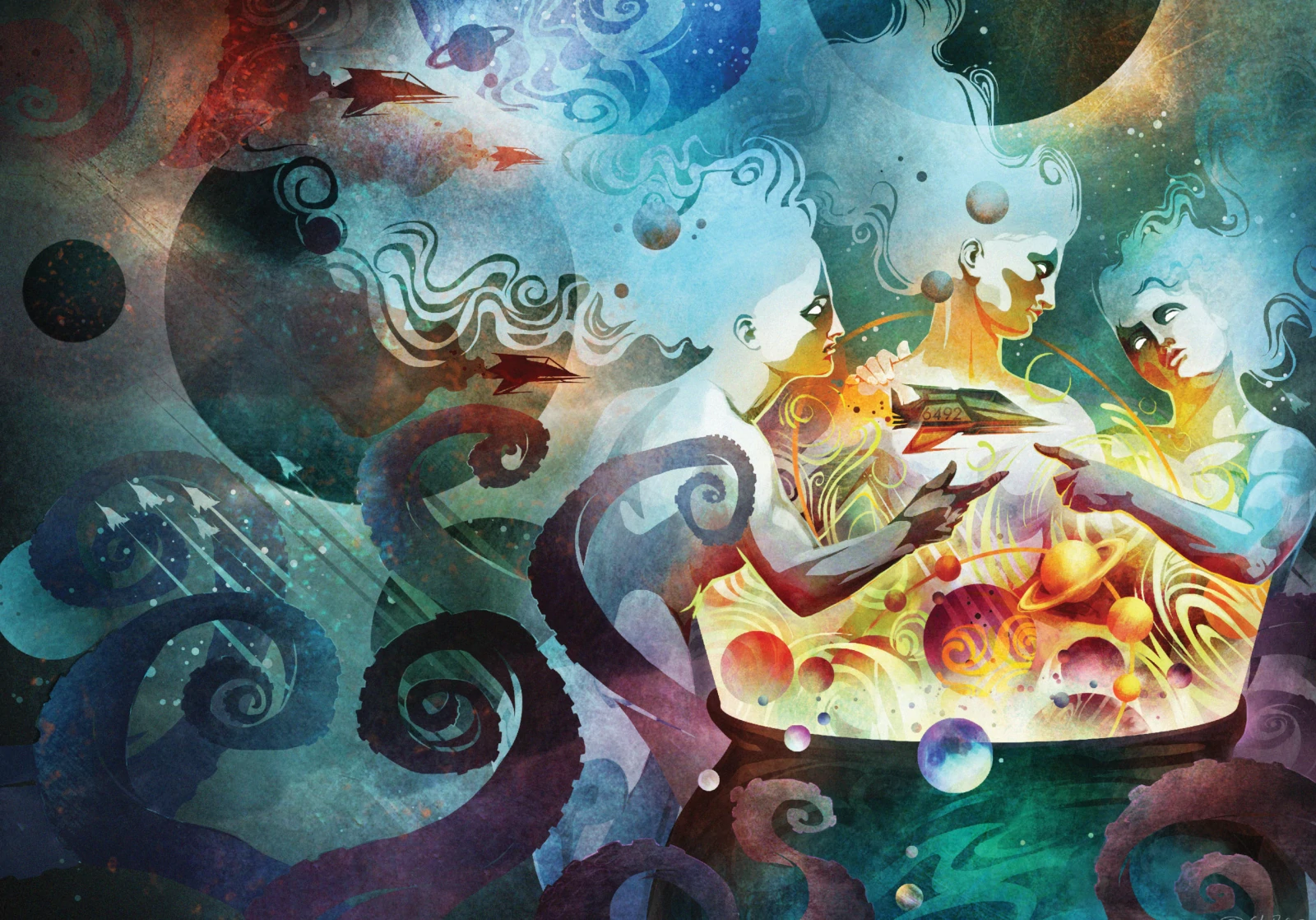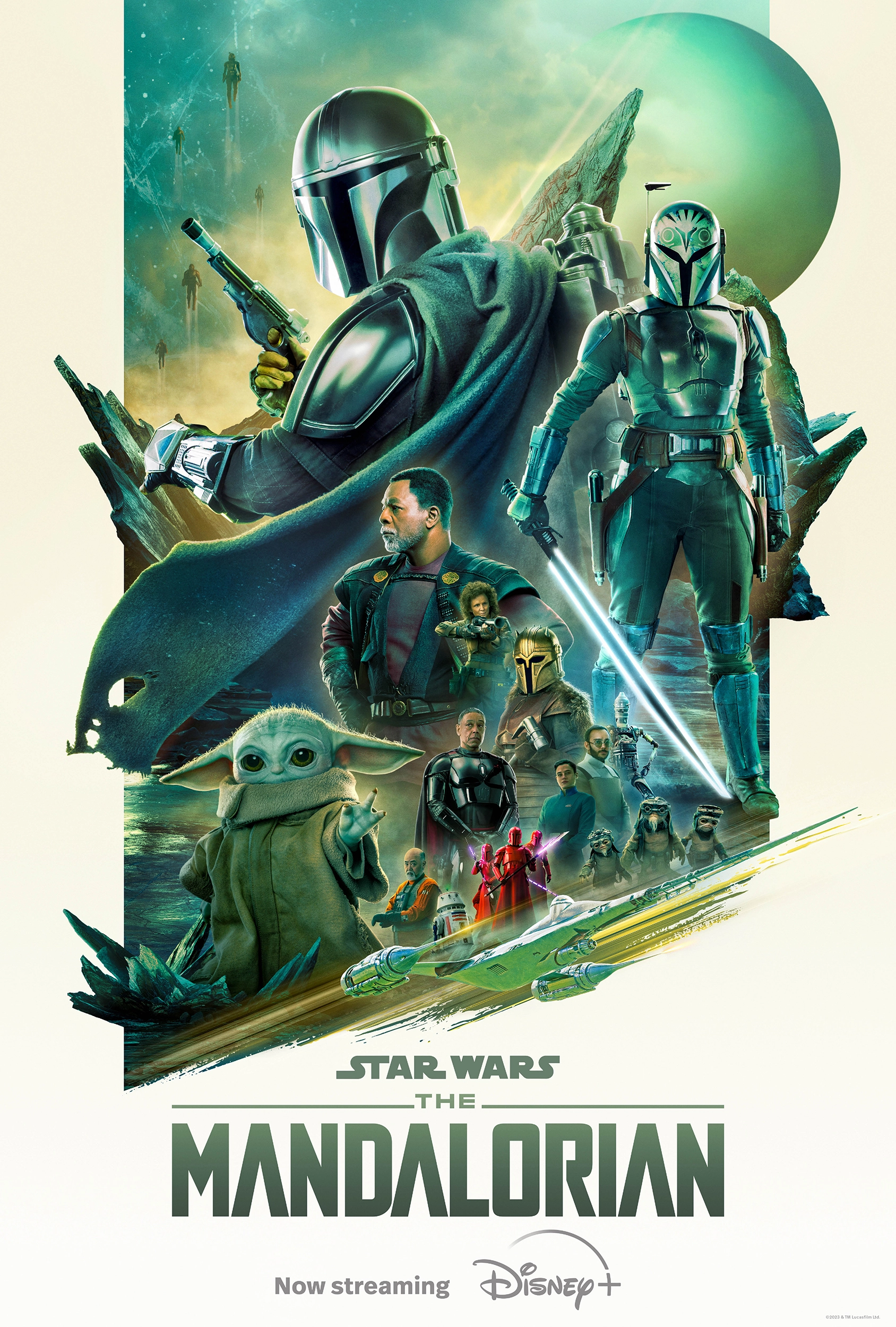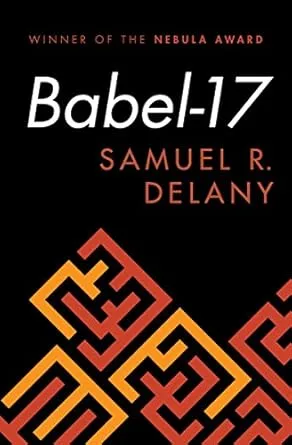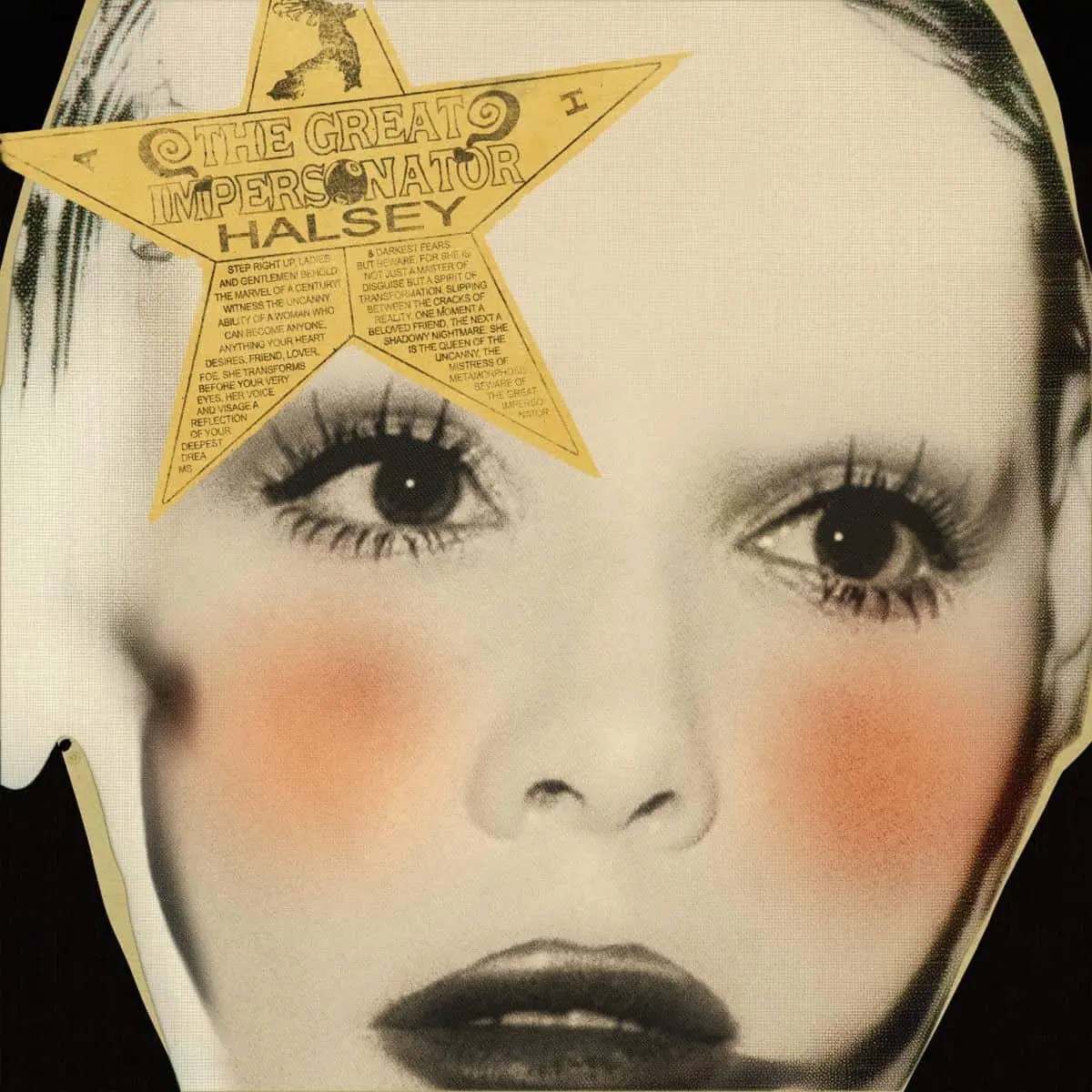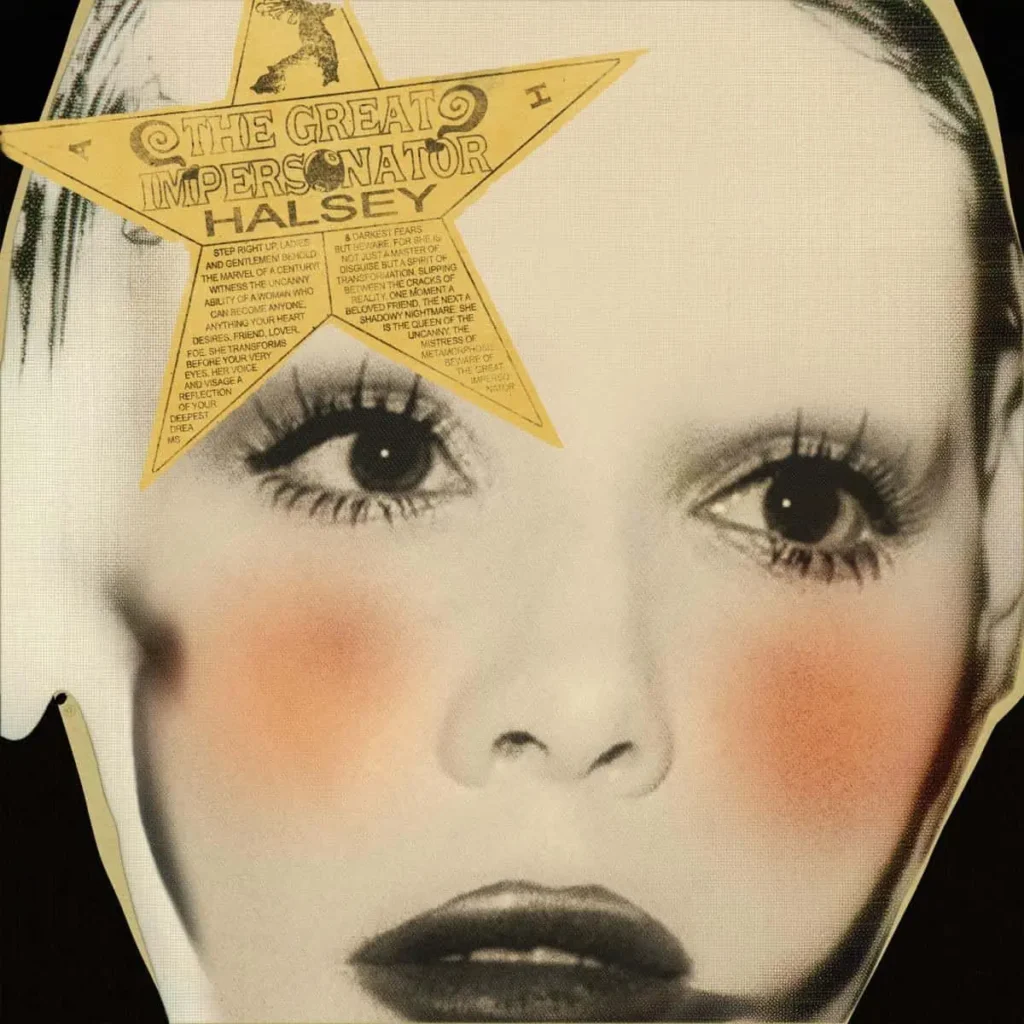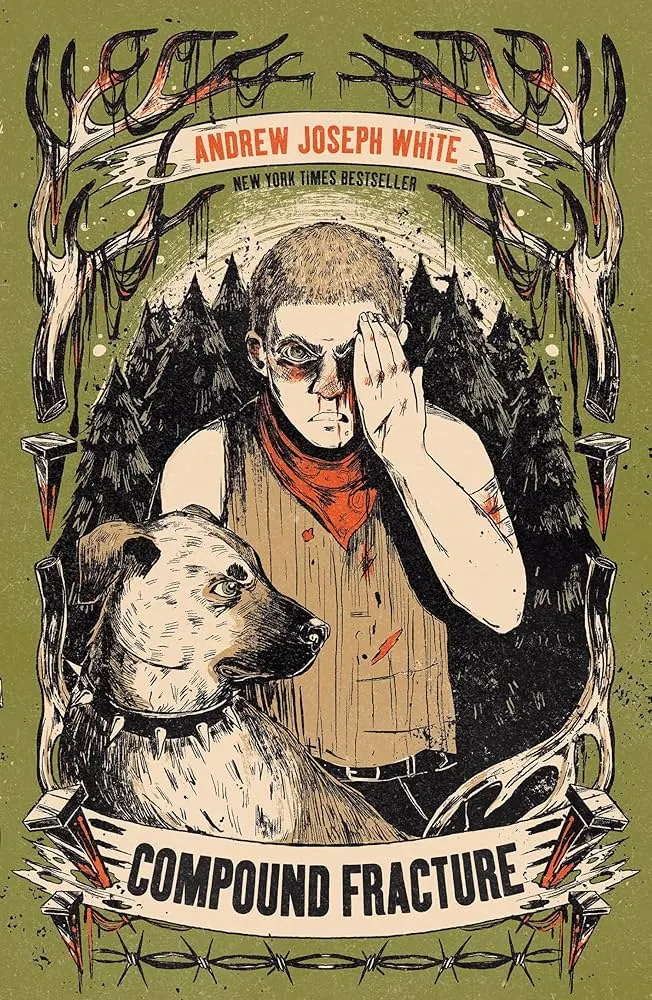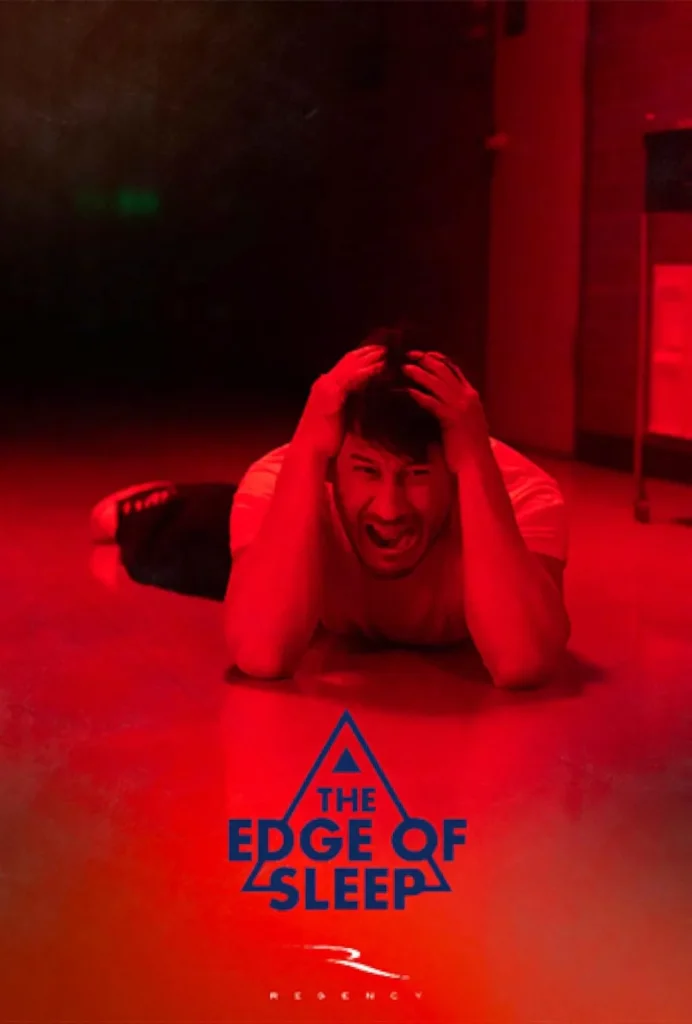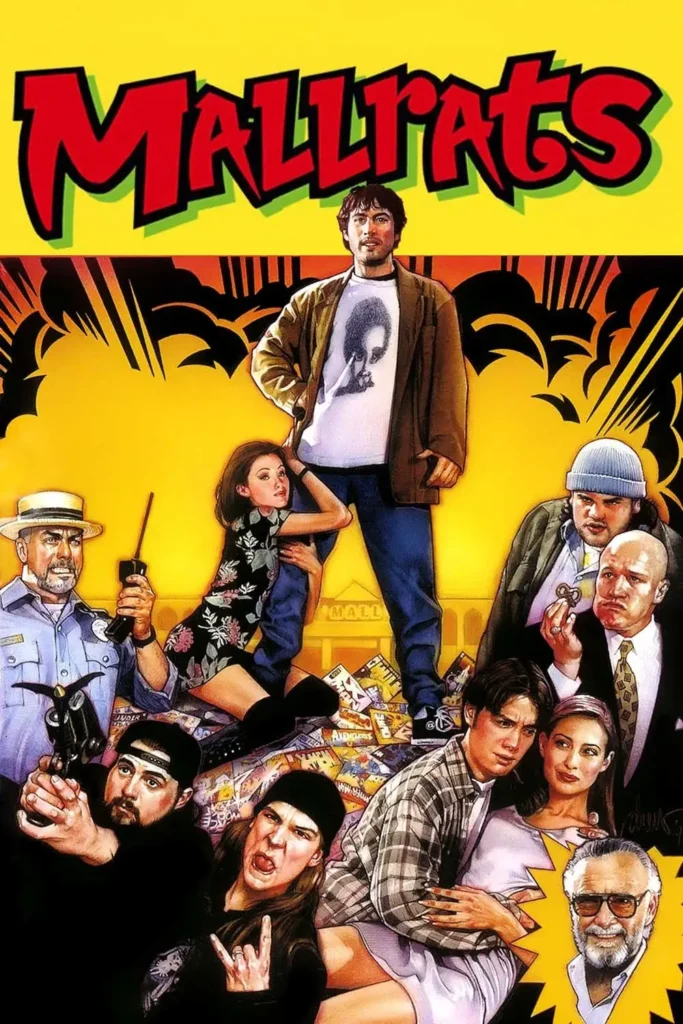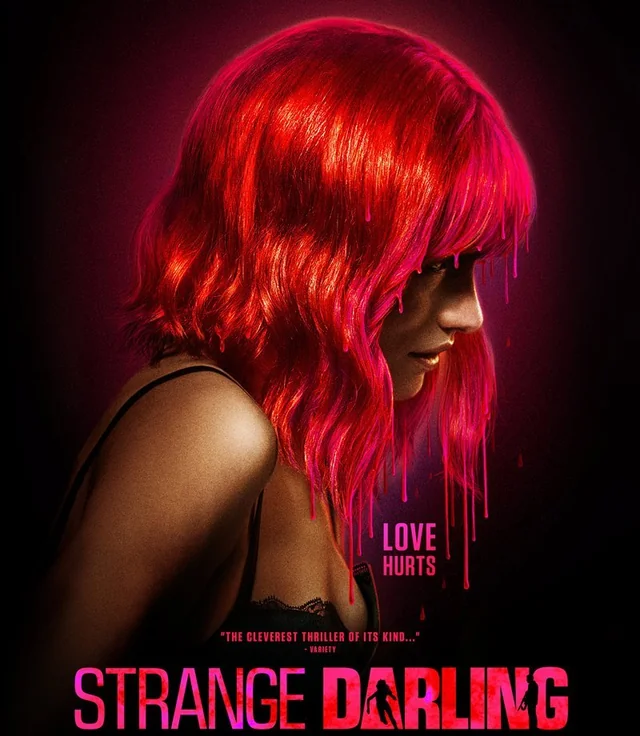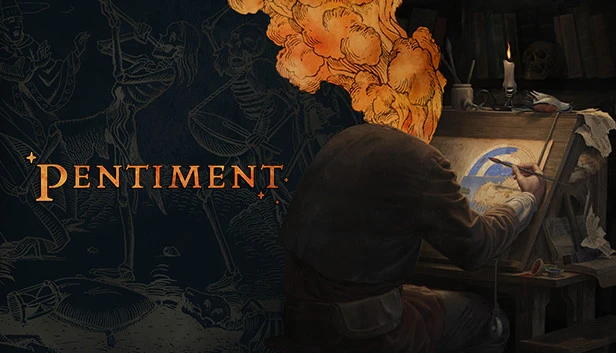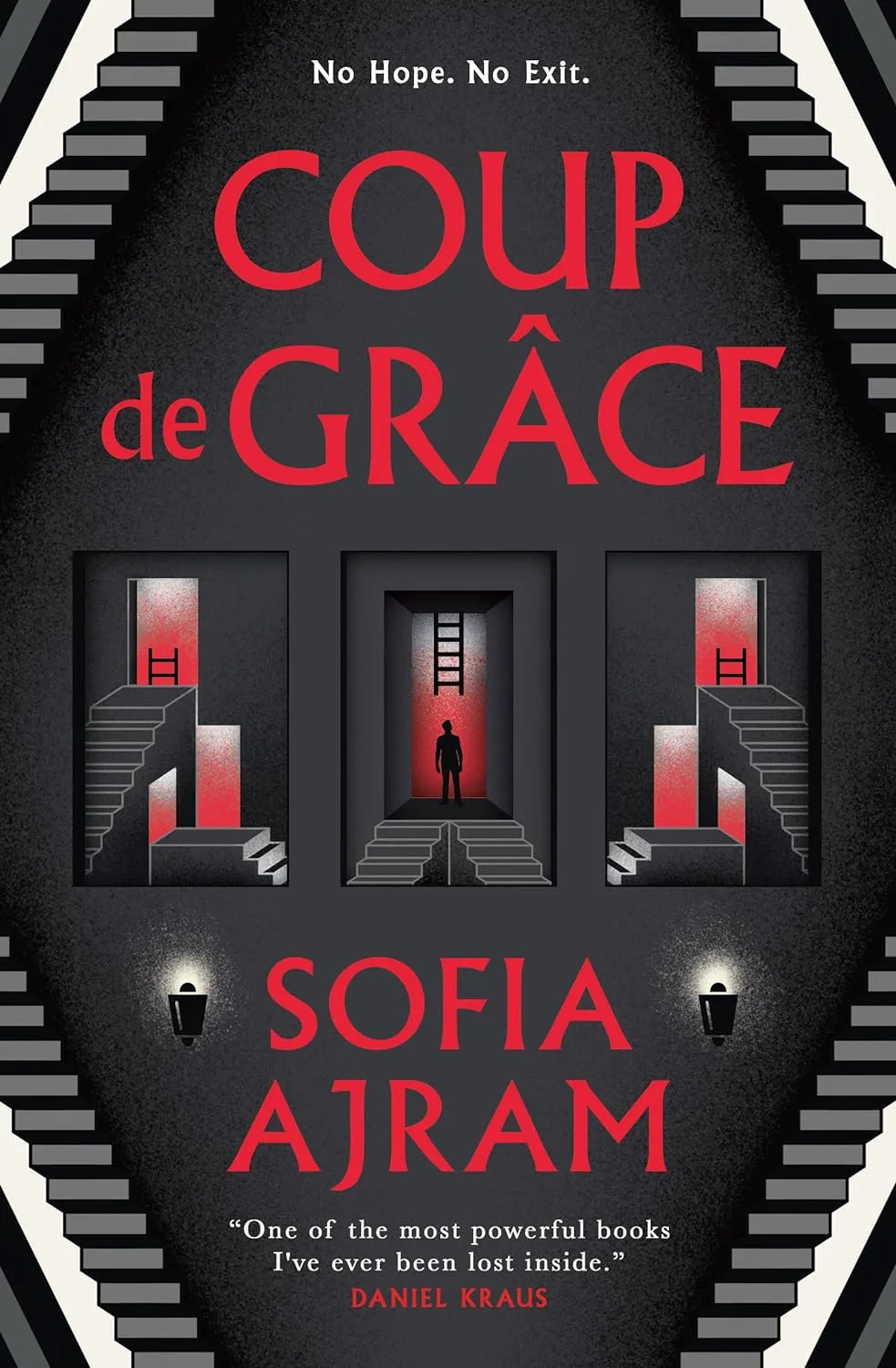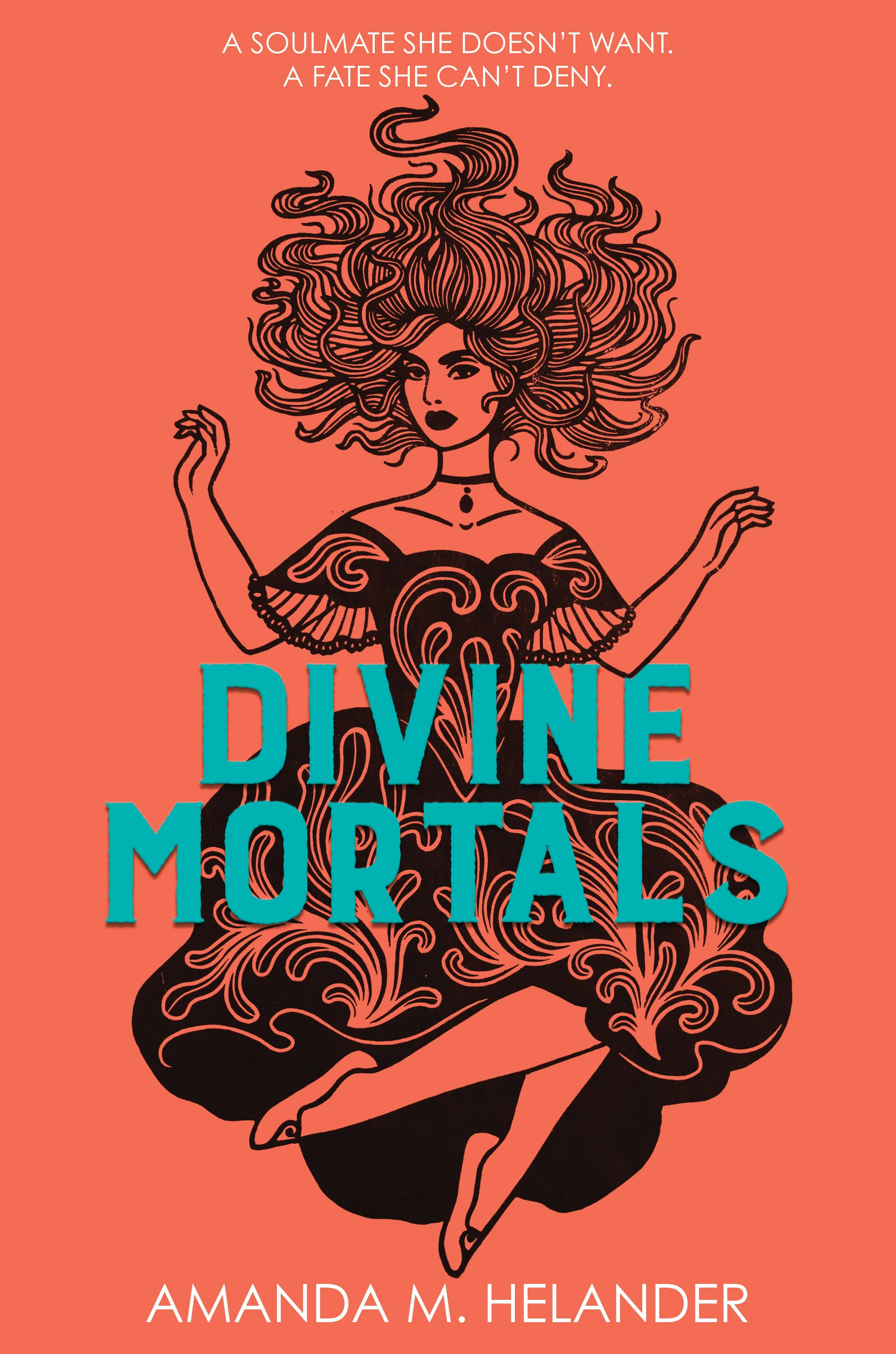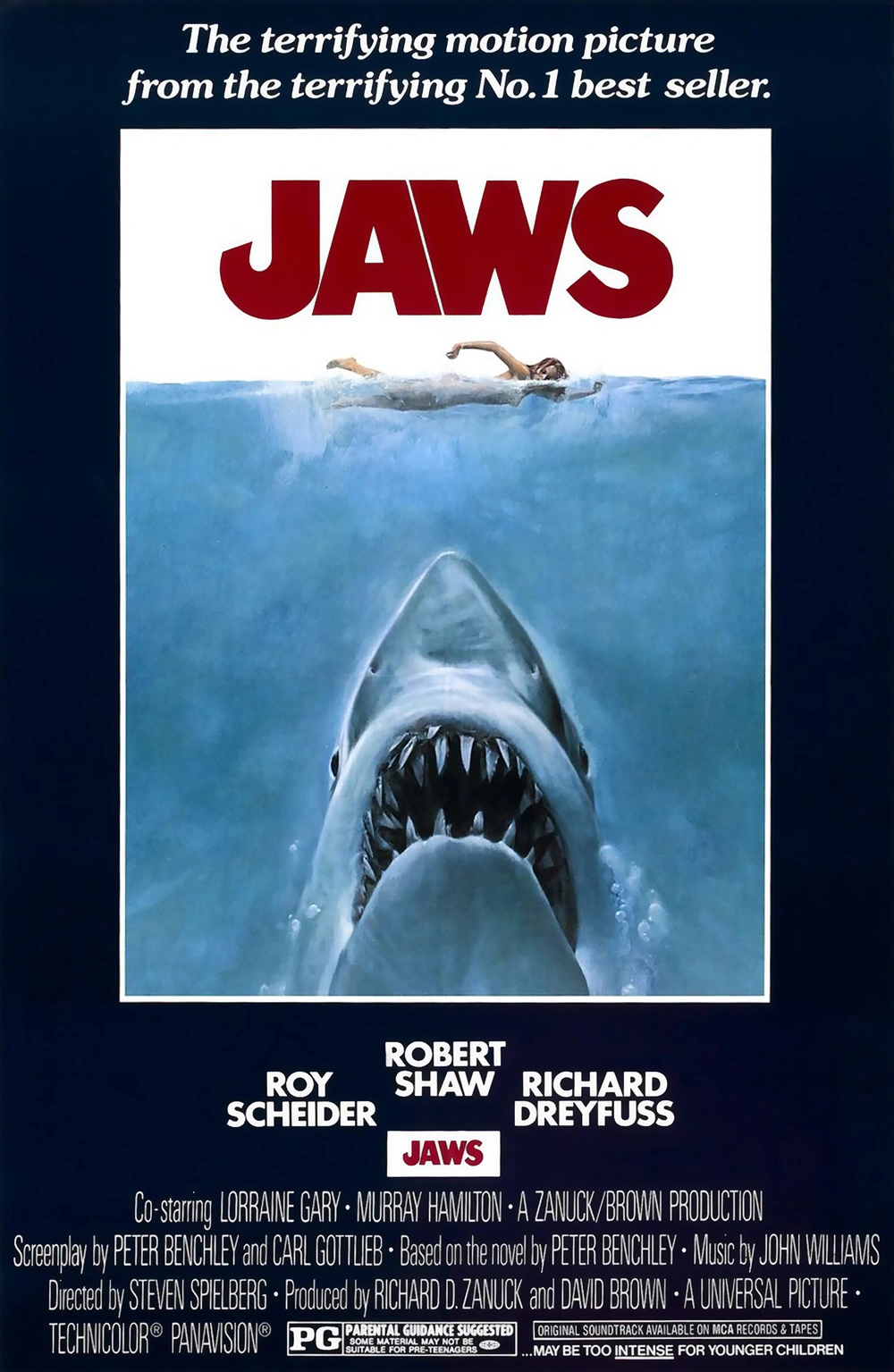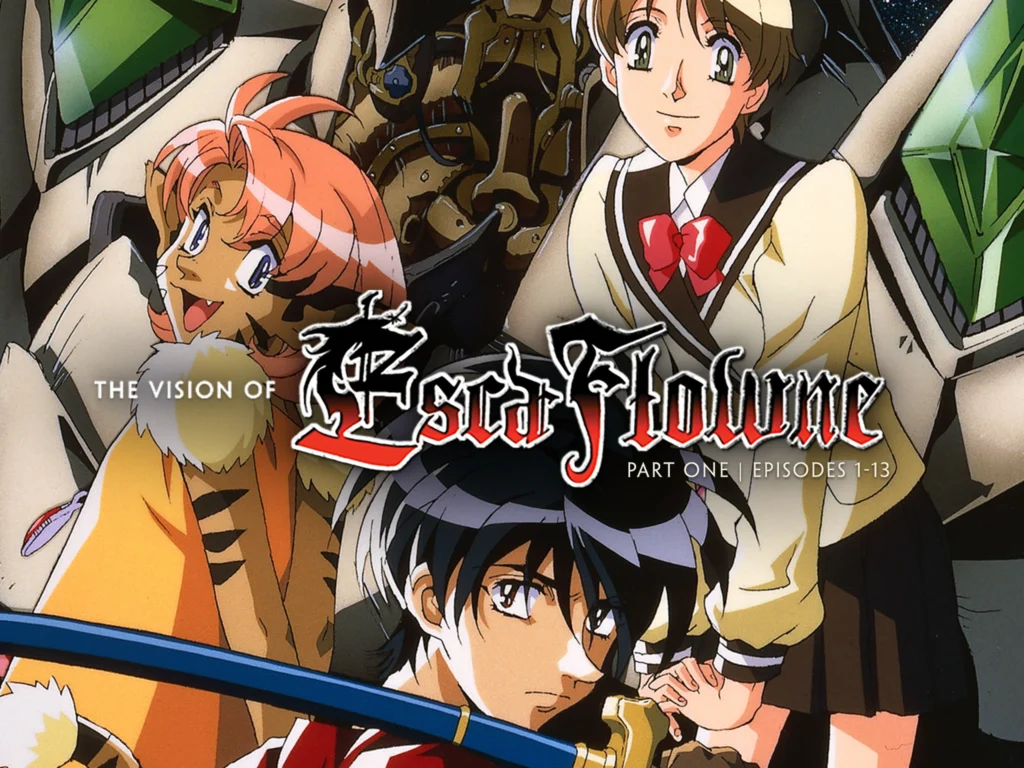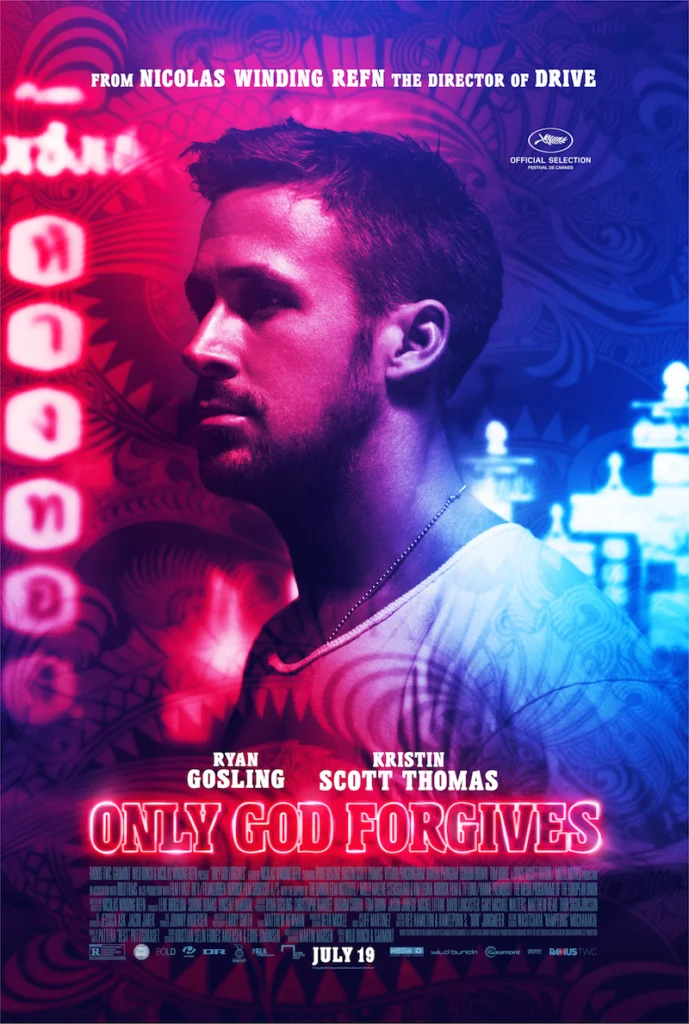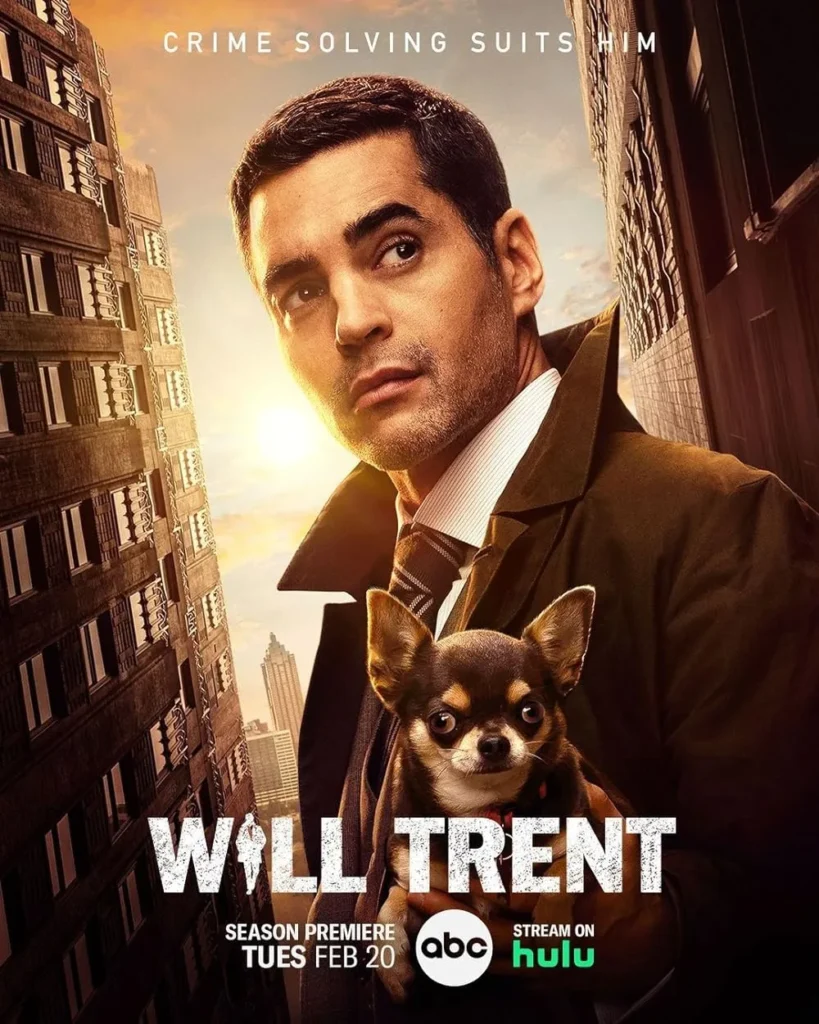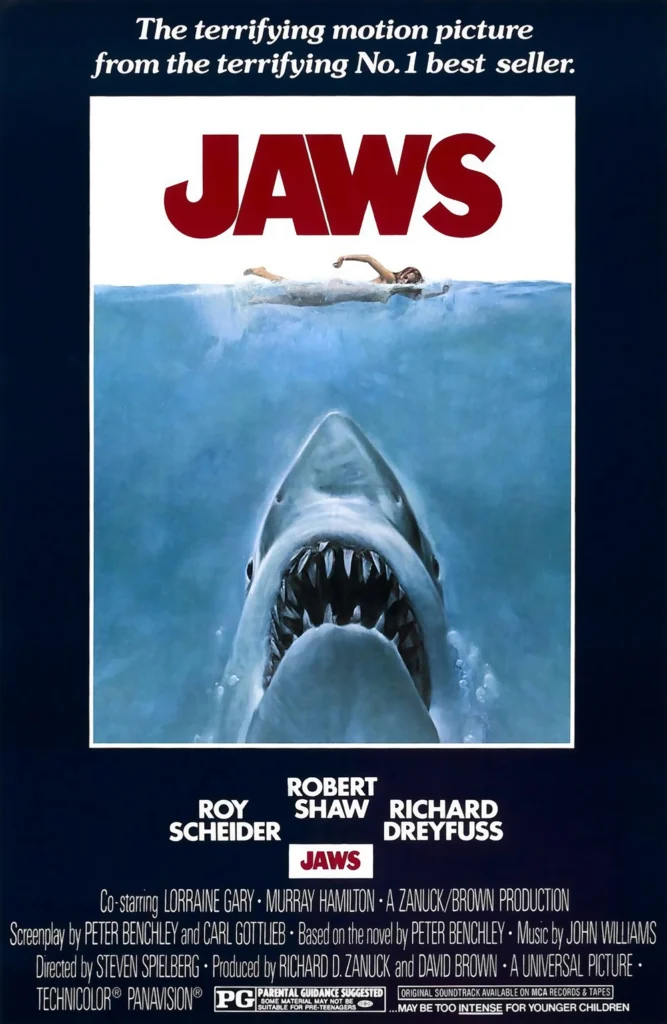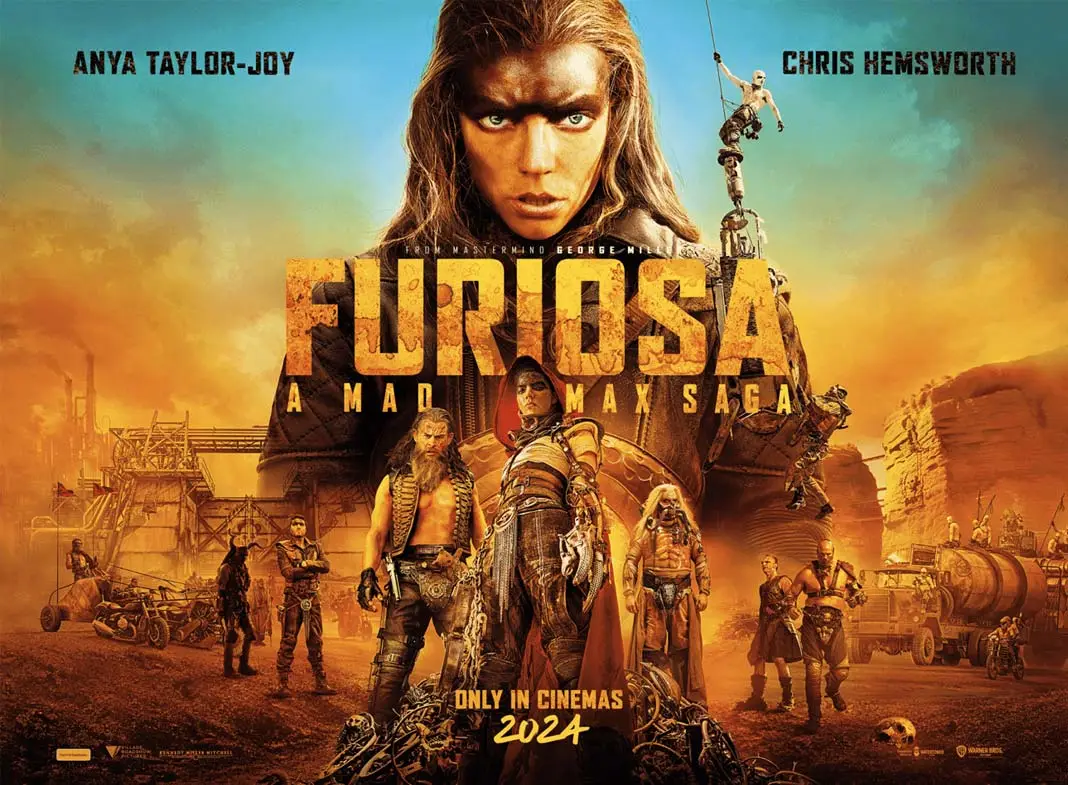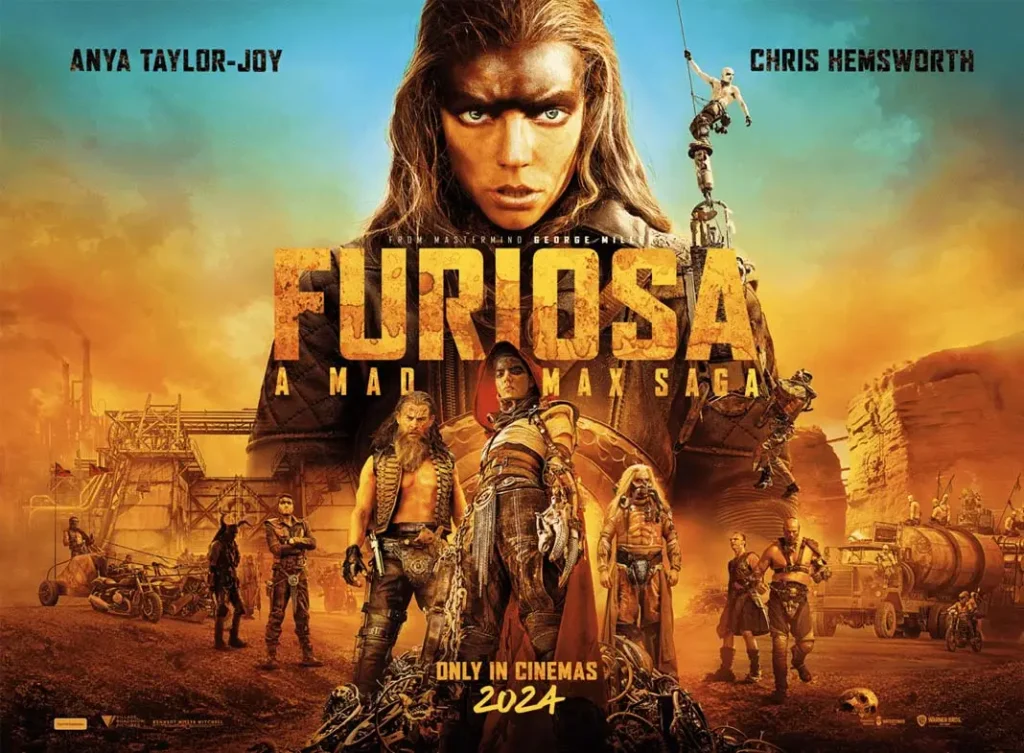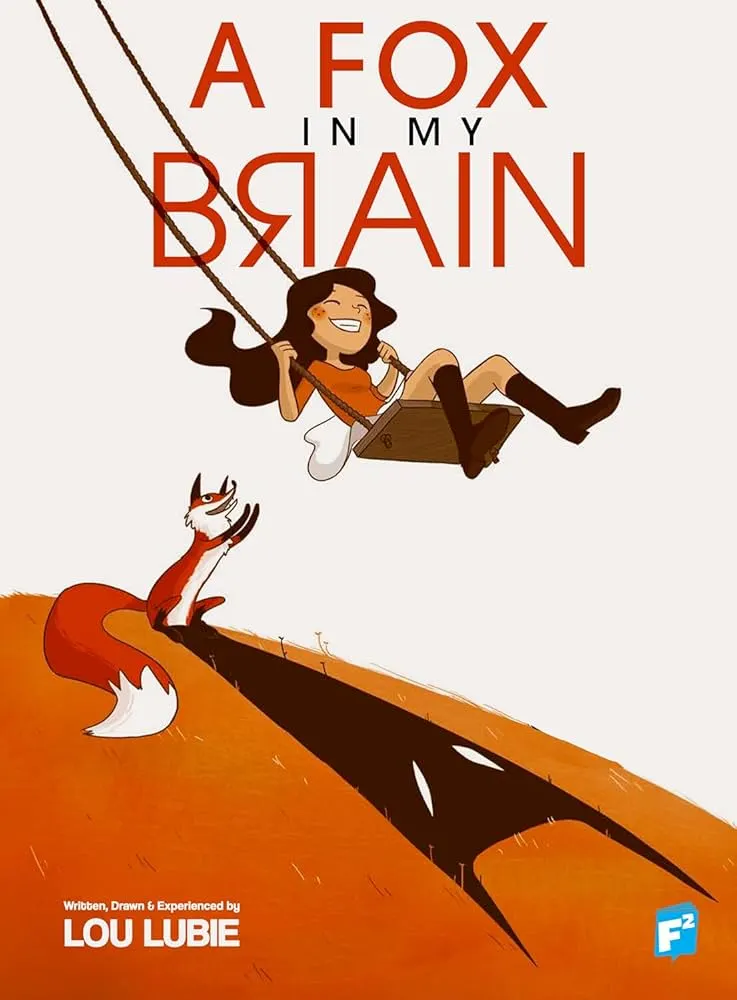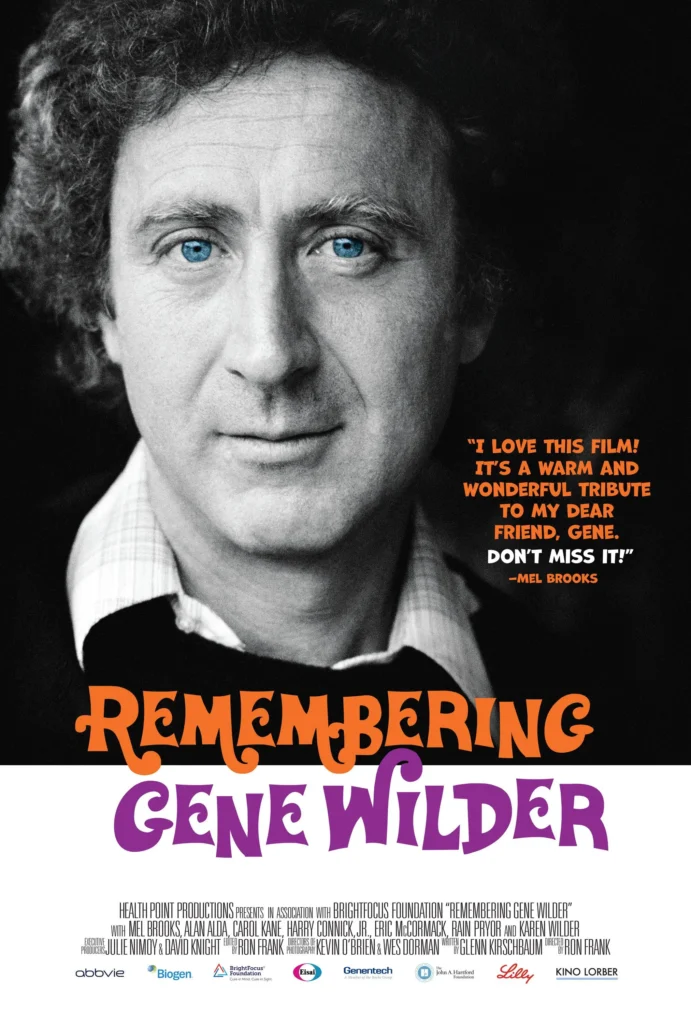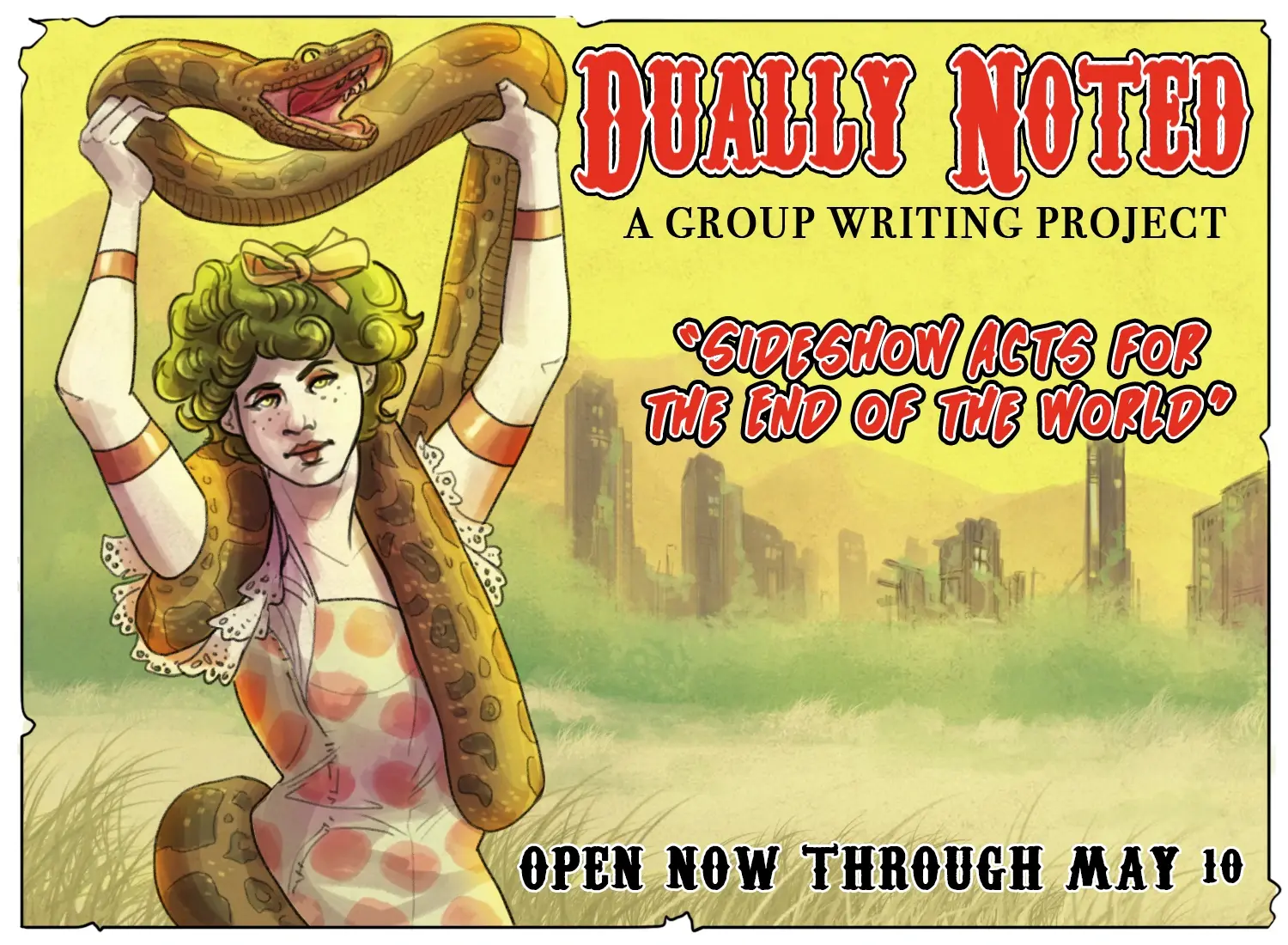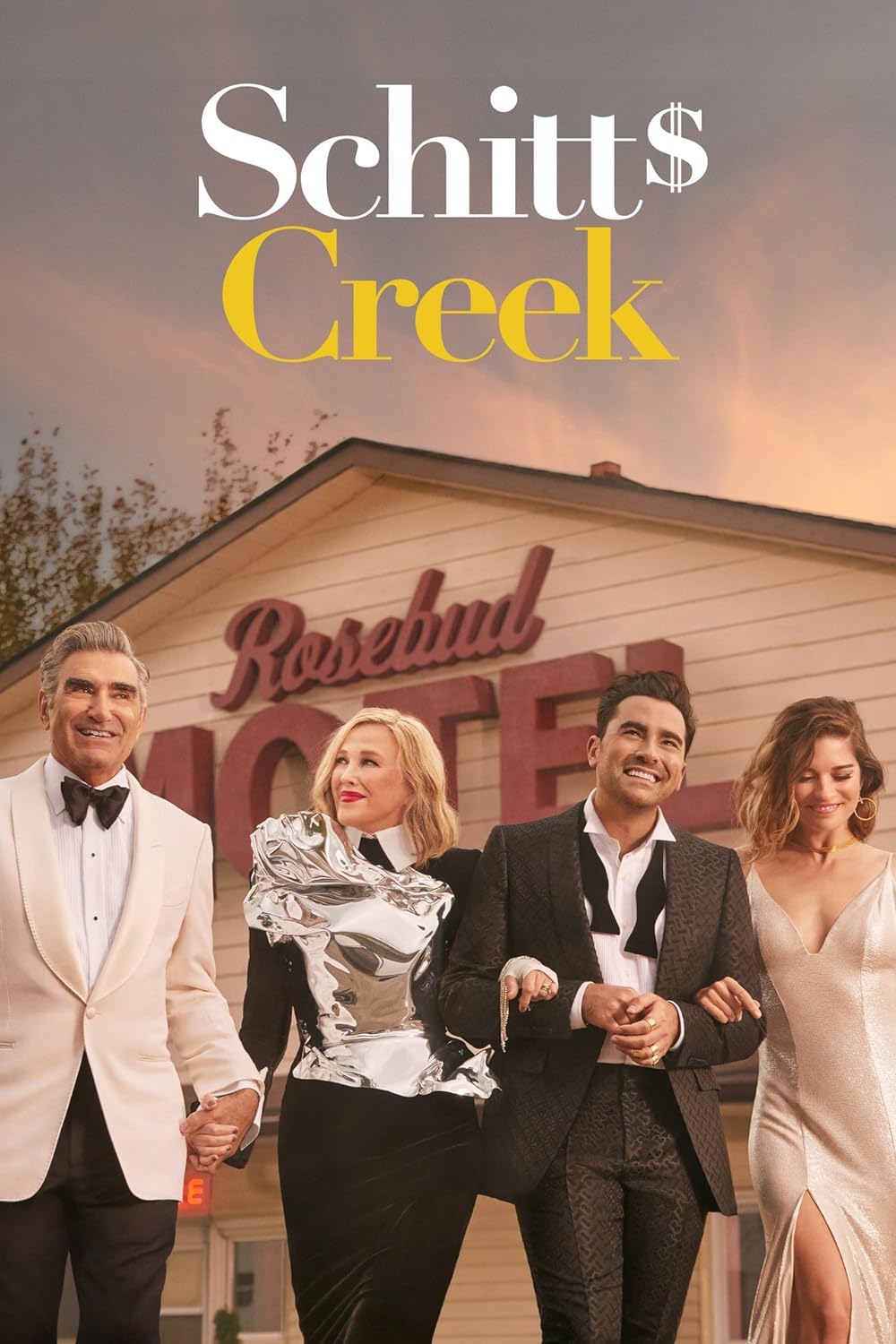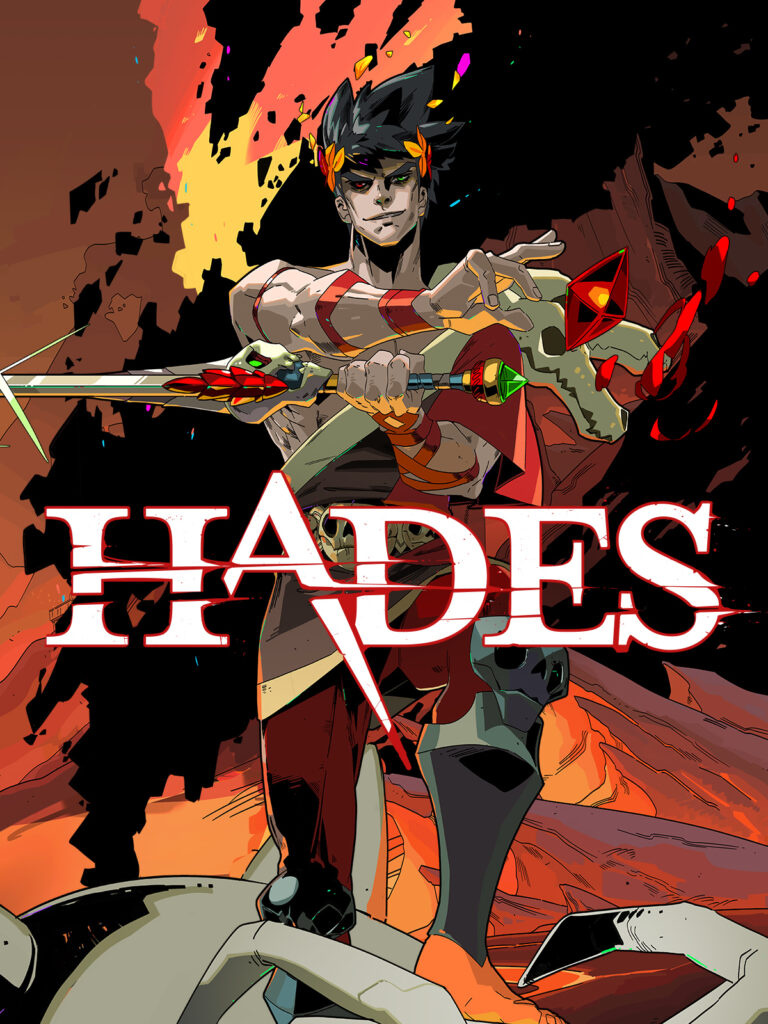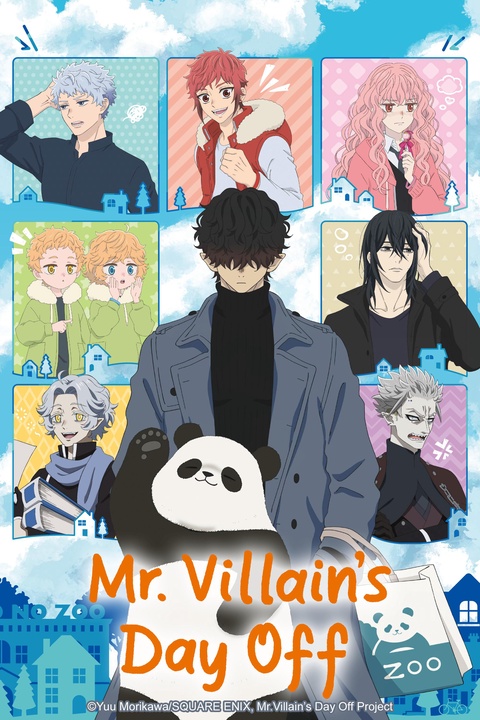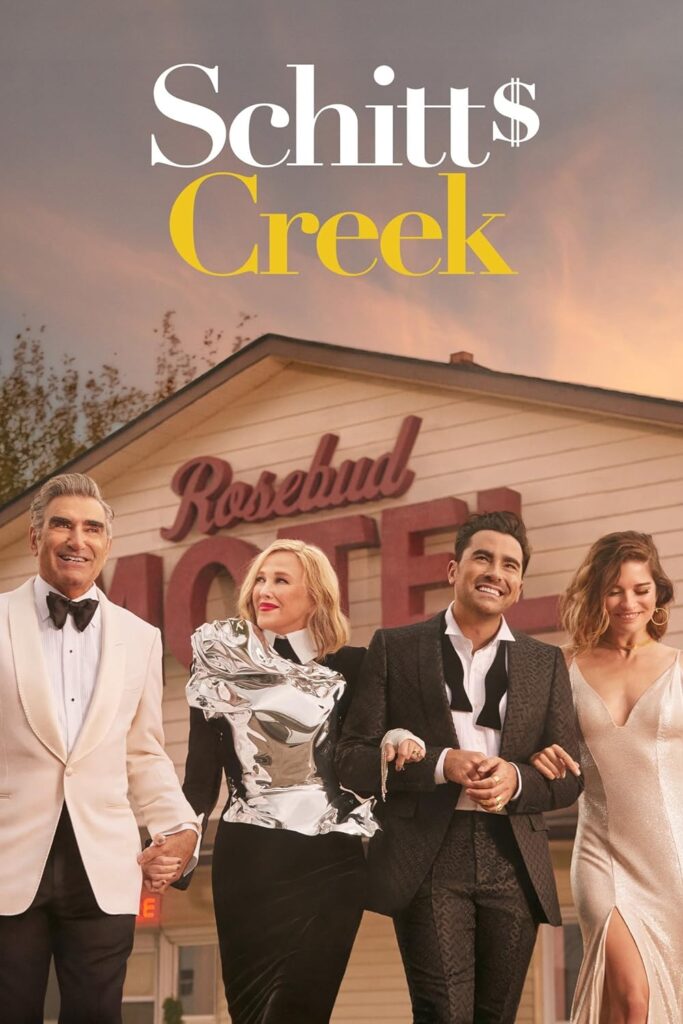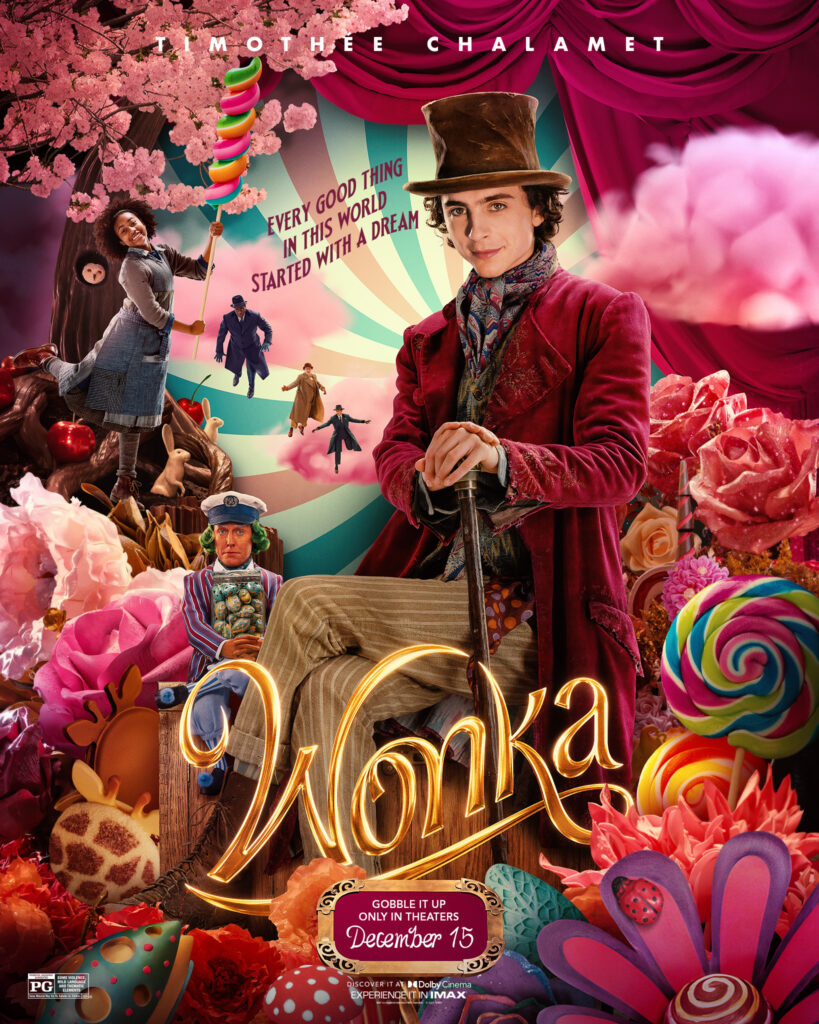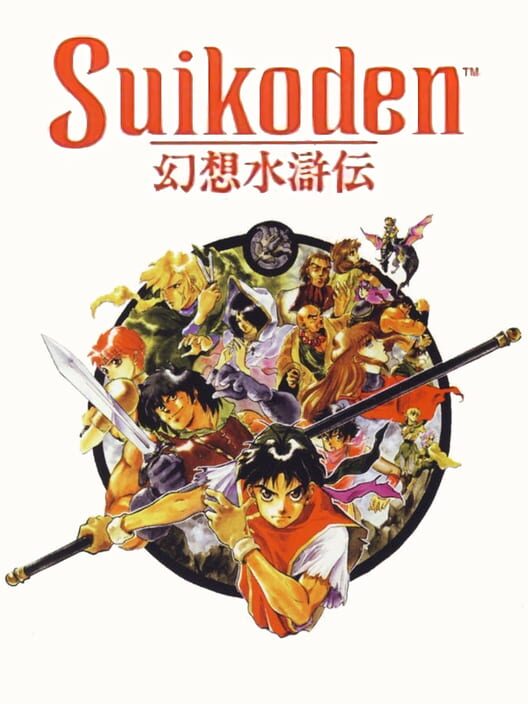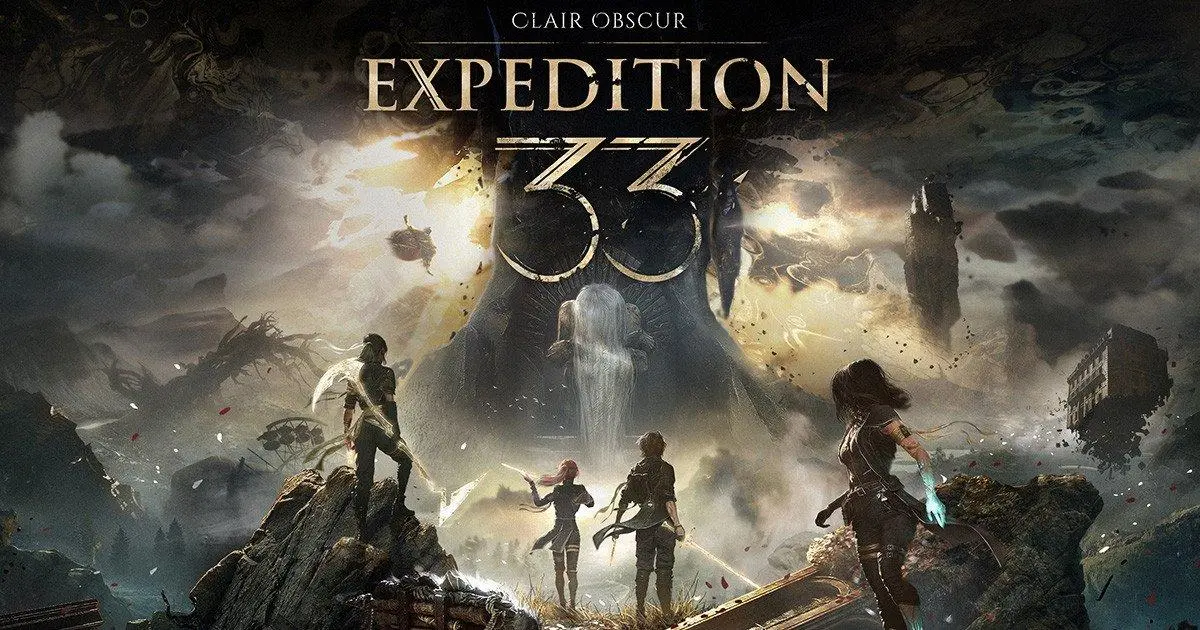
Summer Staff Picks
Nate Ragolia
Superman
If you’re looking for a movie that flips twenty years of anti-hero storytelling on its head, James Gunn brings us the most true-to-Superman movie we’ve had since the time of Christopher Reeve.
Superman (2025) so perfectly understands the boyish do-gooder vibe that makes Superman someone to aspire to and someone to love that it’s impossible not to love him. (Though from what I read, it’s possible not to love him for curious reasons.) David Corenswet’s Supes/Clark is sweet, uncomplicated, and good-natured. He’s a man on a mission to protect humanity from itself and who always sees the most moral and ethical choice as the Good and correct one. You won’t see this Superman creating rhetorical hoops for himself, or battling the weight of his responsibilities. No. He loves being a hero. He wants to help. And he’ll take any number of wallopings on our behalf to do it.
And to Gunn’s credit, Superman/Clark Kent’s not funny. For a director who thrives with fast-talking, witty dialogue this film does a brilliant job of giving all those lines and jokes to side characters, so that Supes/Clark can be an earnest fount of hope, and a selfless defender of the small, weak, and innocent. Rachel Brosnahan’s Lois Lane rules, too, and gets to be in the mix and never the damsel-in-distress. But the highlight is Nicholas Hoult’s performance as Lex Luthor—whose jealous-man-boy-tech-mogul-seeking-revenge demands your attention and your disdain.
My favorite things about the movie? So glad you asked:
1. Superman saves a squirrel!
2. This movie is about how being a good person is something anyone can be regardless of where they are from.
3. As a person currently residing in Delaware, having this movie take place there is delightful.
Superman (2025) crams a lot of action in at a relentless pace, and still manages to find emotional beats and the space for a little exposition. For anyone who loves Metropolis and has been hankering for a superhero movie that’s all-thriller-no-filler, this is the one. The Last Son of Krypton’s return to the screen is about having the power to make the world a better place and being the kind of person who actually does. And I think that’s a damn cool thing.
Ari Iscariot
Clair Obscur: Expedition 33
As an Aquarius, I’m usually loathe to jump on popular bandwagons. But for Clair Obscur: Expedition 33, I will make a complete and categorical exception. I’m not here to claim this is a perfect game, but I am here to claim it’s worth the hype it’s receiving, and it’s a monumental achievement for the small indie company that made it. To name only a few of my favorite highlights, Clair Obscur possesses astonishing visuals with vast and unique biomes that feel tangible and enchanting, from glittering ocean floors to rain-slick caverns to crumbling desert plateaus. It has a stunningly gorgeous soundtrack, which accompanies every scene with perfect grace and amplifies every plot beat and character interaction. Its mechanics are satisfyingly complex without being overly complicated, and its skill trees boast character builds that can eventually one-shot even the most ridiculous of bosses. The enemy designs are completely unique, their move sets challenging, and the dodging and parrying system used to counter their attacks allows for a level of engagement that most turn-based games cannot boast.
But what makes this game such a strong contender for game of the year is its storytelling. It’s difficult to talk about the story without spoiling it—the intro sequence alone is brimful of emotion and consequence, raising the stakes to heartbreaking heights. For me, the waterworks were already flowing twenty minutes in, and the characters had instantly established themselves as people I was ready to fight tooth and nail for. And this attachment to them only grows as the plot progresses. There are games that have similar relationship building mechanics to Clair Obscur, like Persona 5 or Final Fantasy, but I don’t think I’ve seen any game tend to interpersonal relationships so caringly and accurately as this one. The dialogue is superbly realized by writers and voice actors alike: it’s stunningly realistic, filled with awkward pauses and muttered asides and stumbling confessions. The connections you build feel personal and consequential, not like afterthoughts in the broader story. These characters and their personalities move you, funny and heart-wrenching and raw and impossibly human. Their dreams, their hopes, motivate you through every battle, keep your teeth grit in determination as you strategize how to trounce the most challenging of bosses, and break your heart in two as you decide your characters’ fates. A game can be the most visually stunning, perfectly run piece of programming you’ve ever seen, but if it doesn’t have a hook that gets up in your guts and pulls, then it doesn’t matter how wonderfully made it is. But Clair Obscur has the fortune of being both well-made and devastatingly well-written.
We are in a time when games are frequently put out too early, where industry abuse of creators is rife, and where profit is paramount and making art is secondary. But amidst this, Clair Obscur emerges as a beacon of potential. It shows what a small team can do when creativity is allowed to thrive, when the process of creation is given time, and when creatives care about the story they are telling and the impact it will have on their audience. This game will linger in your memory not because it’s perfect (though it’s very close to it) but because it was made with love and care, and that compassion and creativity breathes through every element of the game.
Kaitlin Lounsberry
K-Pop Demon Hunters
Even if you’re unaware, K-Pop Demon Hunters has infiltrated the social scene this summer. From their Billboard ranking original soundtrack to the funny, yet tender storyline, this Netflix-original film has taken everyone by surprise and for good reason.
I wasn’t expecting to find this movie anything special. As someone who enjoys K-Pop, I was hesitant about the hype I was hearing around this movie. Was it going to poke fun at a genre of music I’ve come to understand and hold fondly? Would it disgrace a (largely) young, female fanbase and make them seem silly and their passion something to point at and poke fun? Did it stereotype the male artists in this industry, reducing them based on their perceived femininity?
To say I was mistaken would be an understatement. It’s evident that the creators behind K-Pop Demon Hunters care deeply about this world. Director Maggie Kang delivered a film that has bulldozed the summer film season. She’s delivered a movie where a fictional girl group (Huntrix or HUNTR/X) is charting real music charts. She’s presented a plot that explores themes of identity, acceptance, self-love, redemption, and found family. The animation style is vibrant and colorful and pulses like a neon sticker in your brain. I cried, which I certainly didn’t expect when I tossed it on thinking it’d play in the background as I multitasked around my apartment. This film has become such a sensation the Netflix original is now being shown in movie theaters, a transition wholly opposite form the majority of the film industry.
Watching this movie climb the ranks and getting people who traditionally don’t spare K-Pop a chance has been a delight. It reminds me of the power of storytelling and how crucial a common interest is in a time when everything is so divisive. Sometimes we just need to give a group of demon hunters who happen to be star-studded K-Pop artists a chance.
Nate Ragolia
Friendship
Kick off summer with a film comedy that doesn’t aspire to be like any other film, and ends up carving new paths of originality, awkwardness, and surprising humor.
Friendship, which bears the tagline “Men shouldn’t have friends,” stars Tim Robinson and Paul Rudd as two men brought together by one misdelivered package. Robinson plays a nervy husband and father who is stuck in a rut, but everything changes when he meets Rudd’s cool, mustachioed TV weatherman. As a new connection forms, the men go on an adventure through the sewers, share beers, and seem on the precipice of lasting friendship… And then the rest of the movie happens. Robinson’s character, obsessed with Rudd’s, grows increasingly stranger, bolder, and more unhinged until he discovers a valuable secret.
If you’re familiar with Robinson’s comedy and his sketch show I Think You Should Leave, then you’ll be well-prepared for what comes. This movie is a wild ride, overflowing with laughs that will catch you off guard, and a look that’s uniquely its own. This is definitely a rewatch kind of comedy, too, because almost every line has a joke embedded, whether they are raucously delivered in Robinson’s boisterous style, or more quietly left for attentive watchers to clock and mull over, laughing long after leaving the theater. Bonus points: This movie is weird in both structure and content, so take that as you will!

